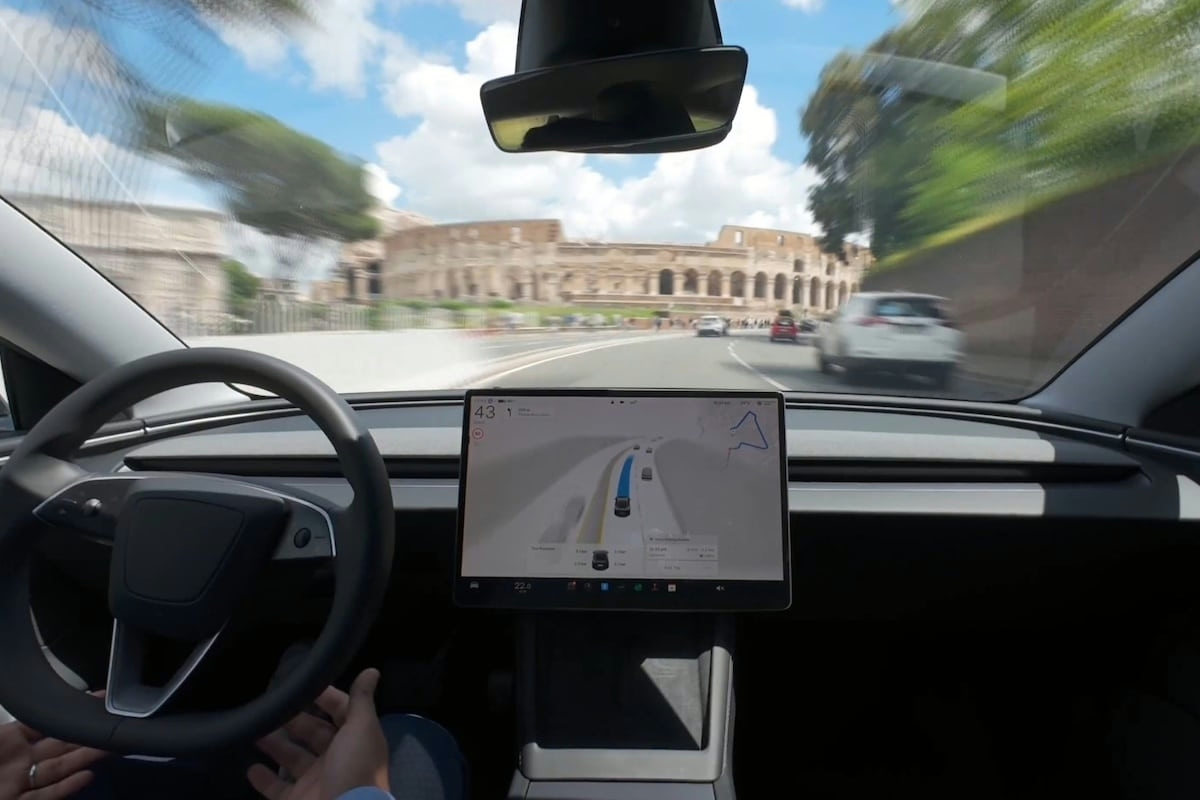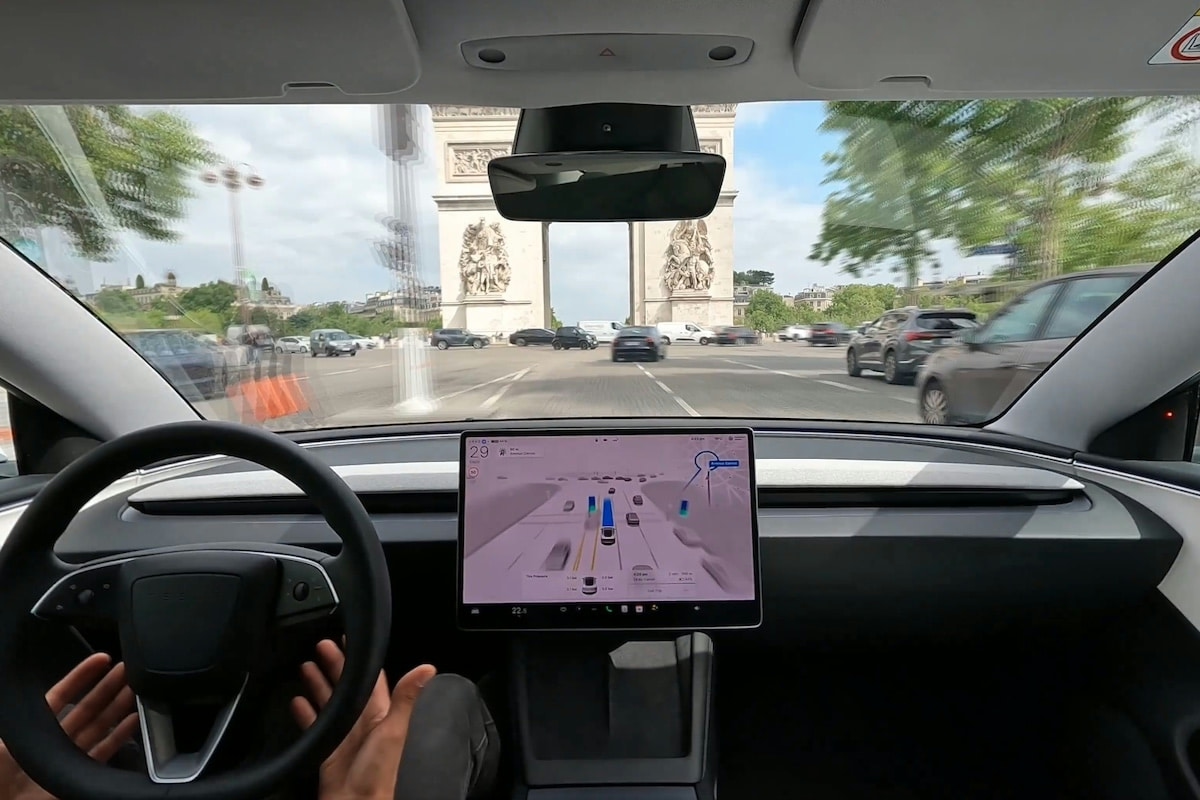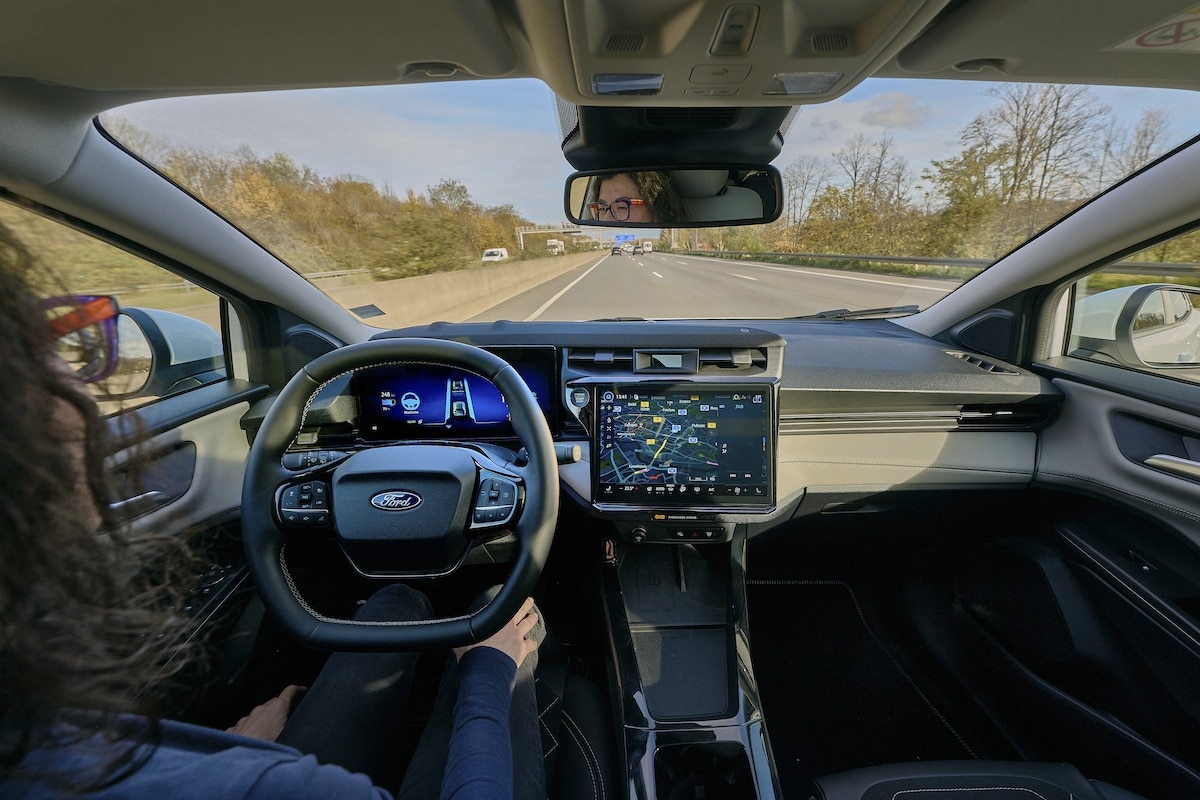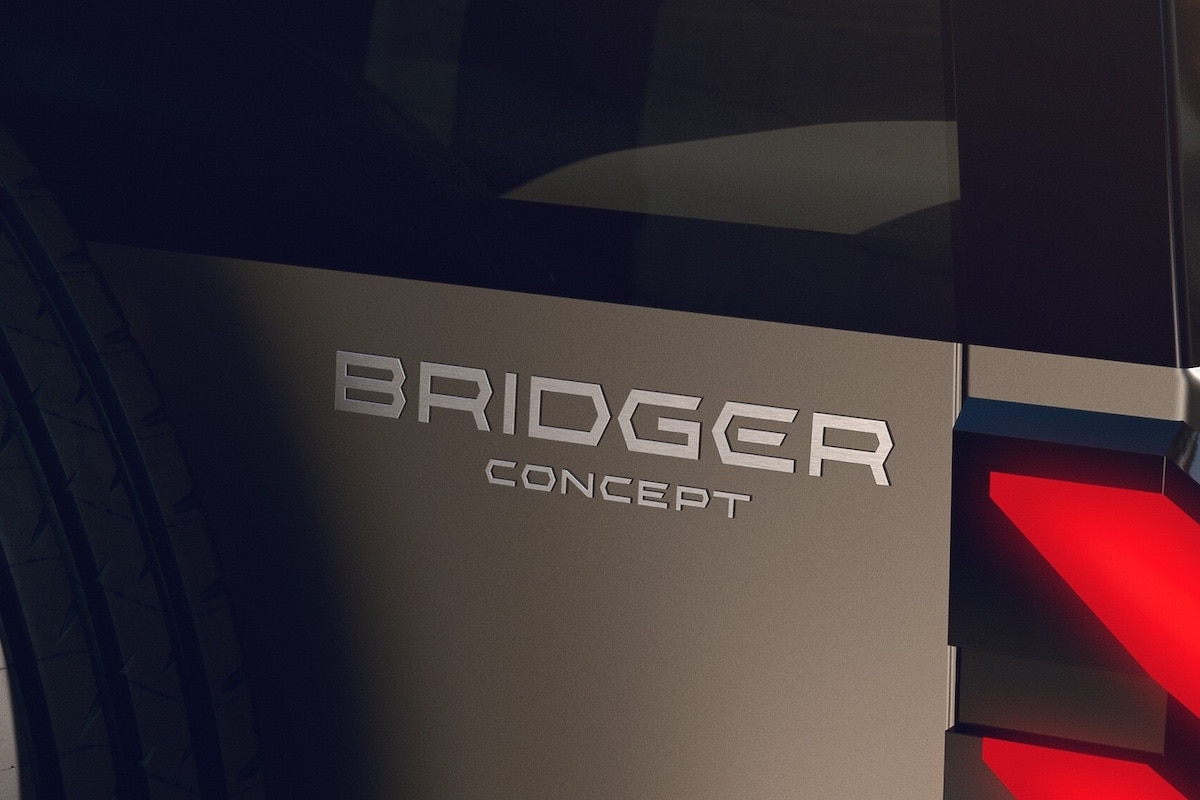Tesla’s publicity stunt falls flat in San Francisco Bay
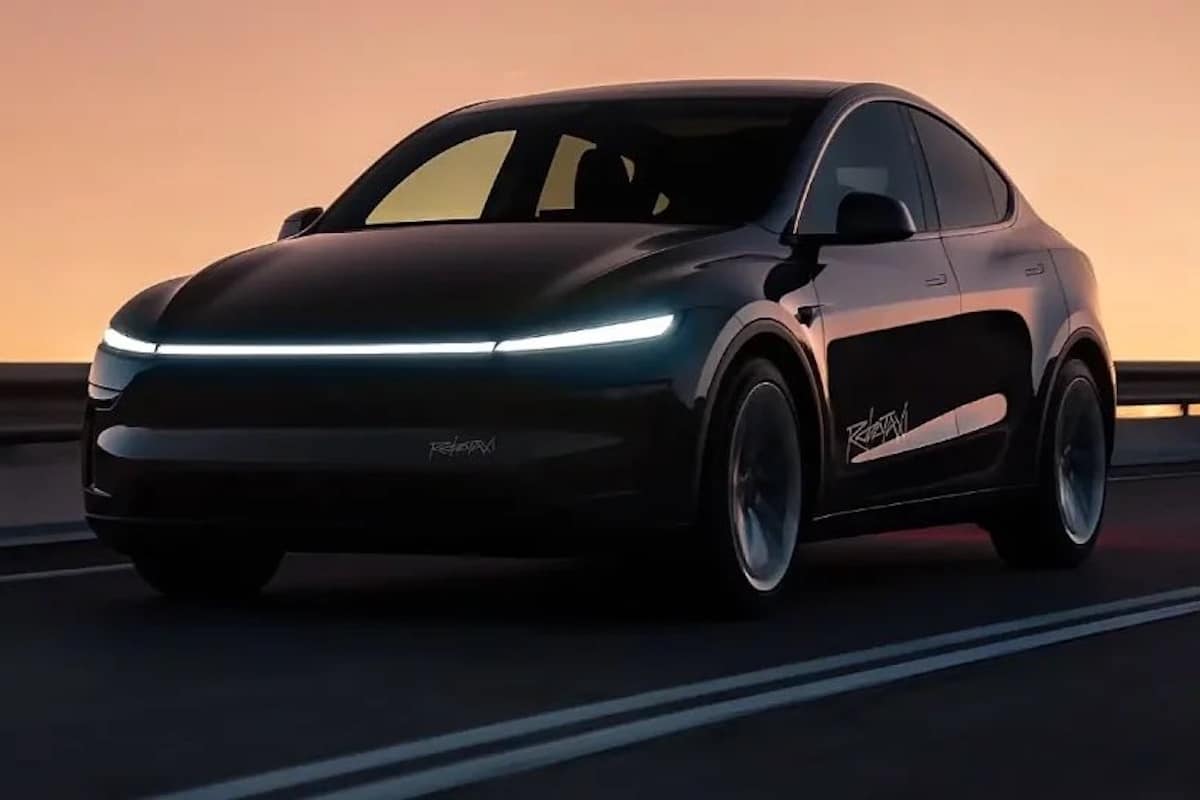
Tesla is set to launch its Robotaxi service in the San Francisco Bay Area starting this weekend.
After a first trial in Austin, this new phase marks an important milestone in Tesla’s ambition to create an entirely autonomous rideshare network. But behind the appearances, the launch raises as many doubts as it does enthusiasm.
In practice, these “Robotaxis” will operate with safety drivers behind the wheel, always ready to intervene. Tesla has not yet obtained permission for driverless testing from California regulators, nor for a commercial license. Caution is therefore warranted; this is not yet an autonomous service, but a monitored extension of its FSD (Full Self-Driving) capabilities, far from the announced revolution.
Elon Musk admits that Tesla is stalling
Elon Musk himself acknowledged that this California phase would begin with safety operators. Tesla is simultaneously seeking permissions in other more lenient states like Florida and Arizona, suggesting that the California regulatory framework remains a significant obstacle.
You might be interestedin this article:
Substantively, these testing phases are a necessary evil. They allow the technology to be confronted with the complex reality of large cities. But in terms of presentation, this launch also resembles a media maneuver. Tesla is currently suffering from a reduced product portfolio, with no new model accessible before 2026, and with an offering that has only been refreshed. In this context, highlighting a futuristic project, even if incomplete, helps to maintain attention and feed the promise of a high-tech future.
In summary, the Robotaxi in San Francisco is not yet a revolution, but rather a partial demonstration. It remains to be seen whether the technology will deliver on its promises, or if Tesla is once again playing the waiting game with spectacular announcements and a rollout much slower than claimed.
This page is translated from the original post "Le coup de com’ de Tesla tombe à l’eau dans la baie de San Francisco" in French.
We also suggestthese articles:
Also read
